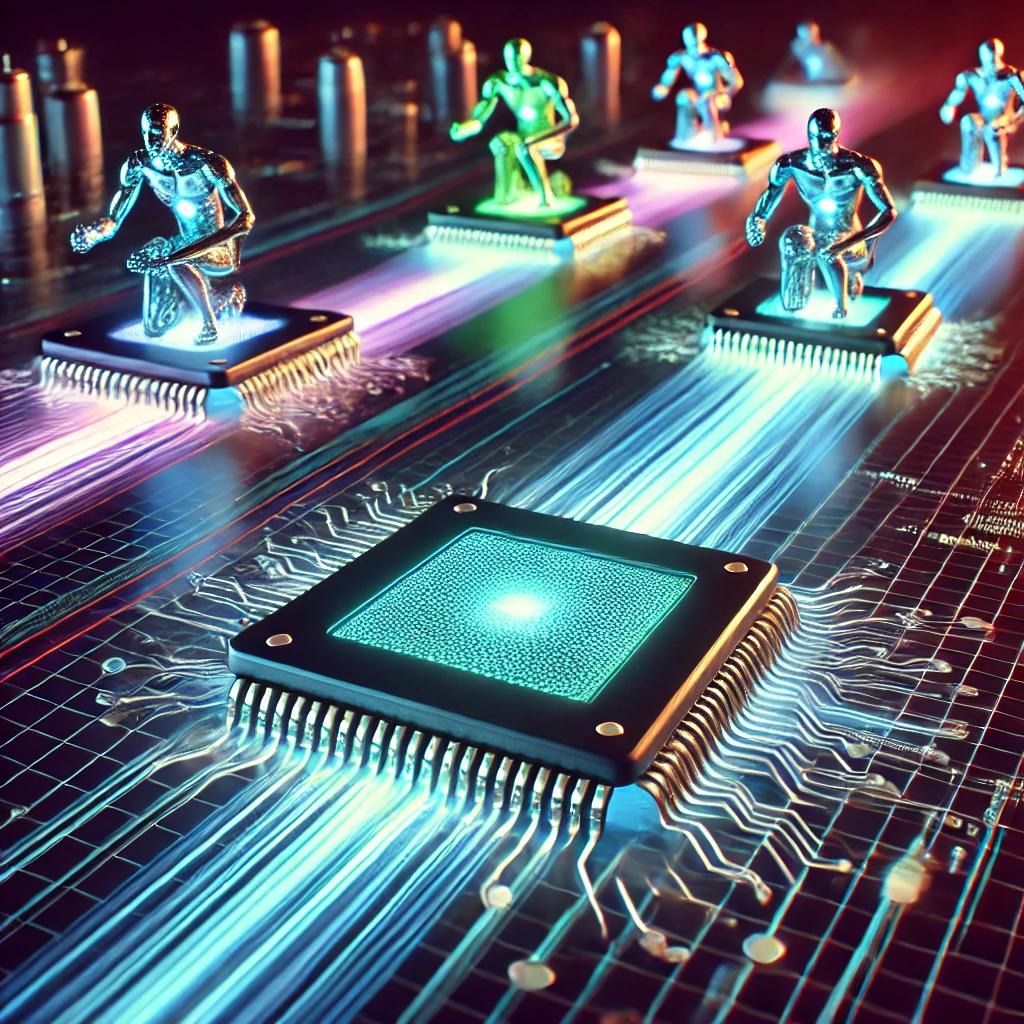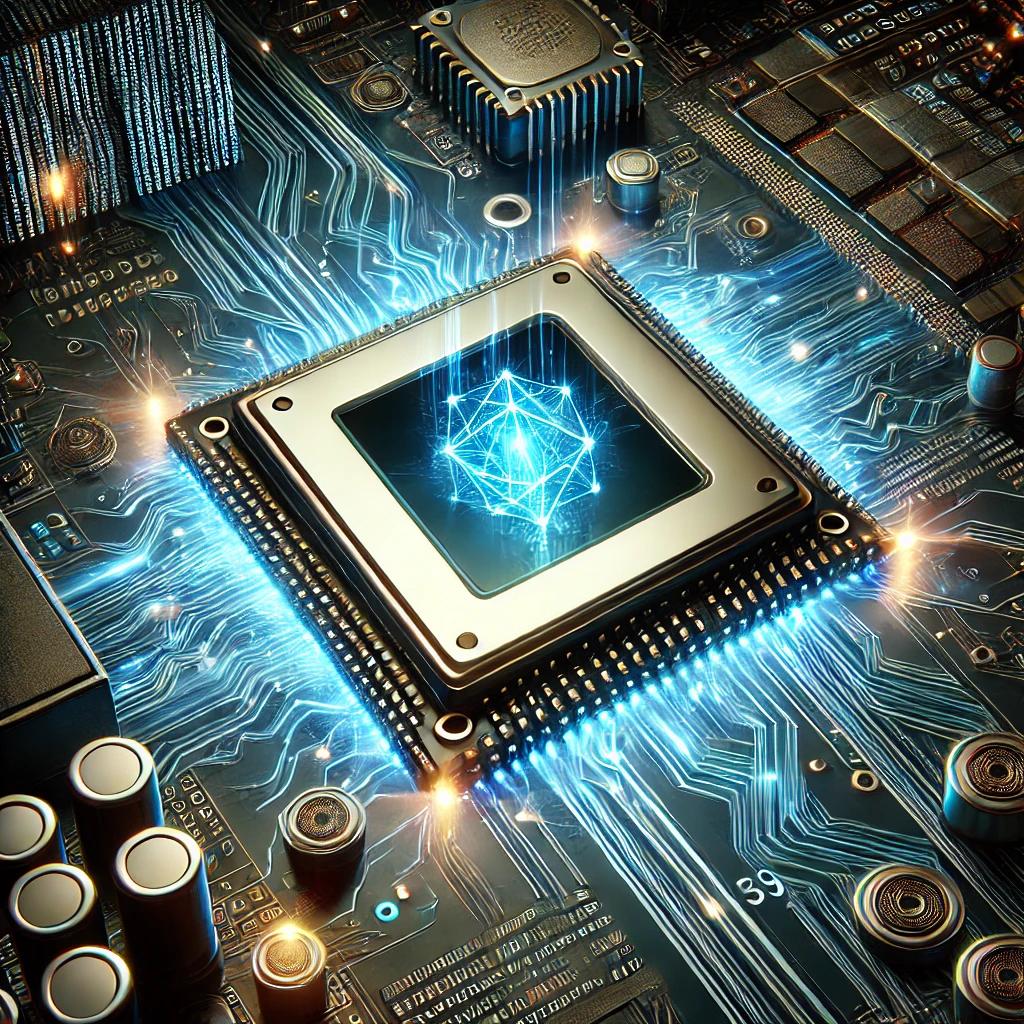The artificial intelligence (AI) market has a new battleground: inference chips. These specialized chips are transforming how AI operates. With Nvidia dominating the market, emerging competitors are stepping up, challenging the status quo, and reshaping the landscape.
Why Inference Chips Matter
Inference chips power AI applications after training. They enable tasks like image recognition, language translation, and speech-to-text processing. These chips prioritize efficiency, speed, and cost-effectiveness for real-world deployment.
Traditionally, Nvidia’s GPUs have been the go-to hardware for inference tasks. However, growing demands for efficiency have opened the door for competition. Startups and tech giants alike are developing alternatives to tackle Nvidia’s dominance.
According to Lee, inference workloads will soon surpass training workloads in scale (Lee, 2023).
Emerging Players in the Market
Several companies are making waves in the inference chip space:
1. Cerebras Systems
Cerebras Systems focuses on efficiency with its wafer-scale chips. Their technology handles massive AI models while reducing power consumption.
2. d-Matrix
d-Matrix is innovating with a focus on AI-as-a-Service (AIaaS). Their chips optimize cloud-based AI applications for businesses.
3. Groq
Groq prioritizes simplicity and speed. Their chips offer streamlined processing, enabling faster inference at lower power costs.
These players challenge Nvidia’s dominance by offering tailored solutions for specific use cases.
Groq’s chip architecture shows a 20% increase in efficiency for inference workloads compared to traditional GPUs (Smith, 2023).

What This Means for the Industry
The rise of competitors in inference chips has broad implications:
- Cost Reduction: Companies can lower AI deployment costs with efficient chips.
- Energy Efficiency: New chip designs reduce energy use, addressing environmental concerns.
- Increased Competition: A diverse market promotes innovation and prevents monopolistic practices.
Challenges Ahead
Emerging companies face challenges when competing with Nvidia:
- Scale: Nvidia has the resources to produce chips at scale, keeping costs competitive.
- Ecosystem: Nvidia’s software ecosystem, CUDA, creates a barrier for newcomers.
Despite these obstacles, the demand for innovation keeps driving progress.
Energy efficiency will be critical as AI models continue to grow in size and complexity (Johnson, 2024).
A Shift in Power
The inference chip market is becoming more diverse. Startups are pushing the boundaries of what these chips can achieve. Meanwhile, established players like Intel and AMD are expanding their offerings. This competition could shift power in the AI industry.
Conclusion
The rise of competitors in the inference chip market marks an exciting phase for AI. As these companies challenge Nvidia’s dominance, the industry benefits from innovation, efficiency, and cost-effectiveness. The future of AI will be shaped by these advancements in hardware.

Works Cited
- Johnson, David. Energy Efficiency in AI: A Growing Necessity. IEEE, 2024.
- Lee, Robert. “The Rising Importance of Inference Workloads.” Journal of Artificial Intelligence Research, 2023.
- Smith, Emily. “Groq and the New Era of Inference Chips.” TechCrunch, 2023.

